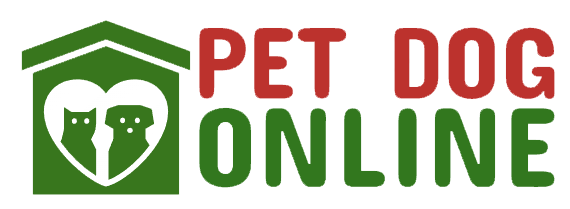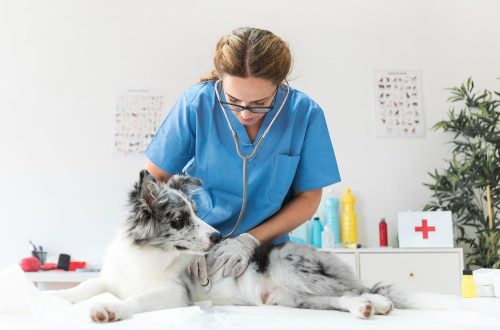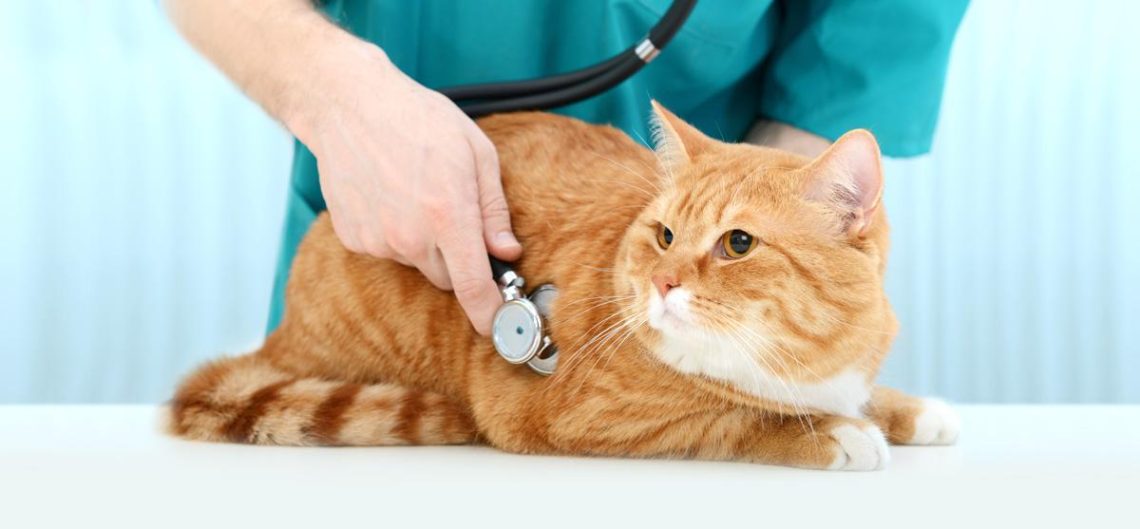
Paw-sitive Transformations: AI’s Impact on Pet Health Care
In a world where technology continues to weave itself into the fabric of our daily lives, the realm of pet health care is not left untouched. As our furry companions stand at the forefront of our hearts and homes, artificial intelligence (AI) emerges as a powerful ally, revolutionizing the way we approach their health and well-being. From early screenings to personalized treatments, the innovations heralded by AI promise to not only enhance the quality of care our pets receive but also deepen the bonds we share with them. In this article, we will explore the paw-sitive transformations that AI is ushering into pet health care, unveiling the myriad ways it benefits our beloved animals while also reflecting on the future of veterinary medicine in a tech-savvy world. Join us as we delve into the intersection of compassion and innovation, where the welfare of our four-legged friends takes center stage.
Table of Contents
- Exploring the Role of AI in revolutionizing Pet Health Diagnostics
- Enhancing Preventive Care: How AI Predicts Health Risks in Pets
- Streamlining Healthcare Services: the Benefits of AI-Driven Pet Clinics
- Empowering Pet Owners: Tools and Resources for Healthier Pets Through AI
- Key takeaways
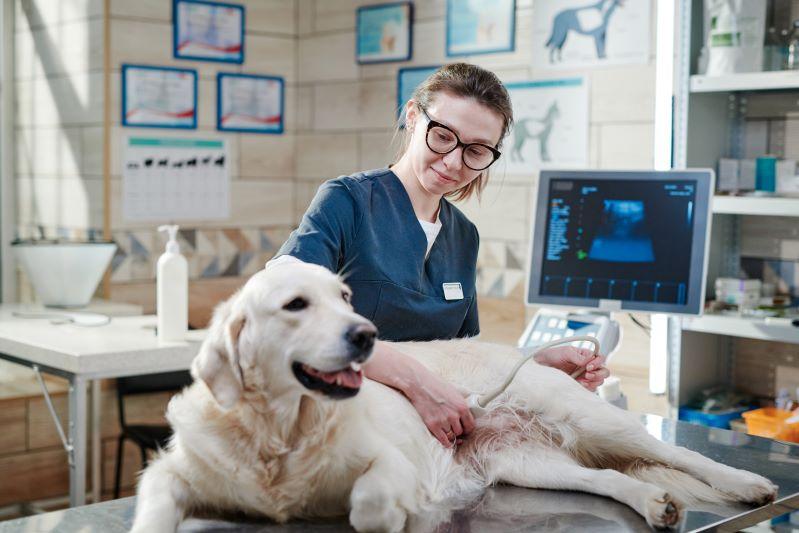
Exploring the Role of AI in Revolutionizing Pet Health Diagnostics
As technology continues to advance, artificial intelligence is making significant strides in the realm of veterinary medicine, enhancing the way pet health diagnostics are conducted. AI algorithms are capable of analyzing vast amounts of data from various sources, including medical histories, genetic information, and imaging results, to deliver more accurate diagnoses. This not only helps veterinarians identify conditions earlier but also streamlines the process, ensuring that pets receive timely treatment. By harnessing the power of AI, veterinary professionals can focus more on patient care, and less on administrative hurdles, leading to improved outcomes for our furry friends.
Moreover, AI-driven tools are paving the way for personalized pet healthcare. With the help of machine learning, these systems can tailor treatment plans based on an individual pet’s specific health needs and lifestyles. consider the following benefits of integrating AI into pet health diagnostics:
- Enhanced risk prediction for breed-specific illnesses
- Real-time monitoring through wearable tech
- Chatbots and virtual consultations for routine inquiries
- Data-driven insights for nutrition and wellness
To illustrate the potential of AI in this field, the table below summarizes how various AI applications can assist veterinarians in providing better care:
| AI Request | Benefit |
|---|---|
| Image Recognition | Identifies anomalies in X-rays or ultrasounds |
| Predictive Analytics | Forecasts health issues based on history and lifestyle |
| Telehealth Solutions | Facilitates remote consultations for pet owners |
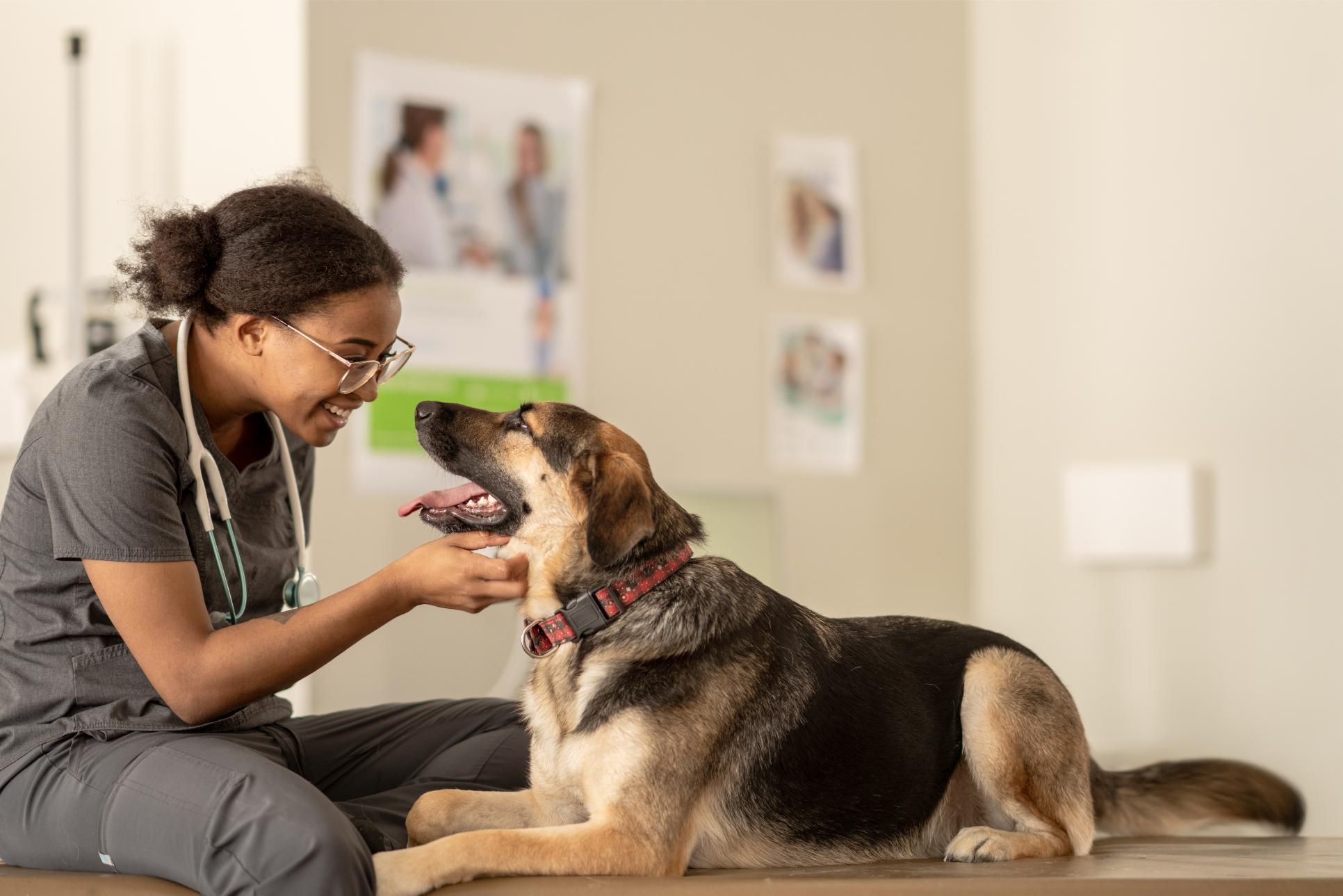
Enhancing preventive Care: How AI Predicts Health Risks in Pets
With the integration of artificial intelligence in veterinary care, pet owners are witnessing a groundbreaking shift towards more proactive health management. AI systems analyze a myriad of factors, including a pet’s medical history, genetics, and lifestyle behaviors, to detect potential health risks before they escalate.This predictive capability empowers veterinarians with the tools to offer tailored preventive measures, allowing for:
- Early Detection: Identifying risk factors linked to conditions like obesity or diabetes.
- Personalized Health Plans: Customizing dietary and exercise regimens based on individual needs.
- Monitoring Trends: analyzing ongoing data to observe health fluctuations and respond preemptively.
The evolution doesn’t stop at mere risk assessment; AI also promotes healthier lifestyles through reminders and educational resources for pet owners.By utilizing smart devices and wearables, real-time data collection enhances interaction between pet and veterinarian, thus redefining routine check-ups. Consider the following comparison of traditional and AI-driven monitoring:
| Aspect | Traditional Monitoring | AI-Driven Monitoring |
|---|---|---|
| Data Analysis | Manual records review | Automated trend analysis |
| Response Time | React after issues arise | Proactive alerts for potential issues |
| Owner Engagement | Periodic check-ins | Continuous updates and suggestions |
Such innovations mark a fundamental shift in pet healthcare, transforming it from reactive treatments into a more forward-thinking, preventive approach. By harnessing the capabilities of AI, pet health is not just managed, but optimized for a longer, healthier life.
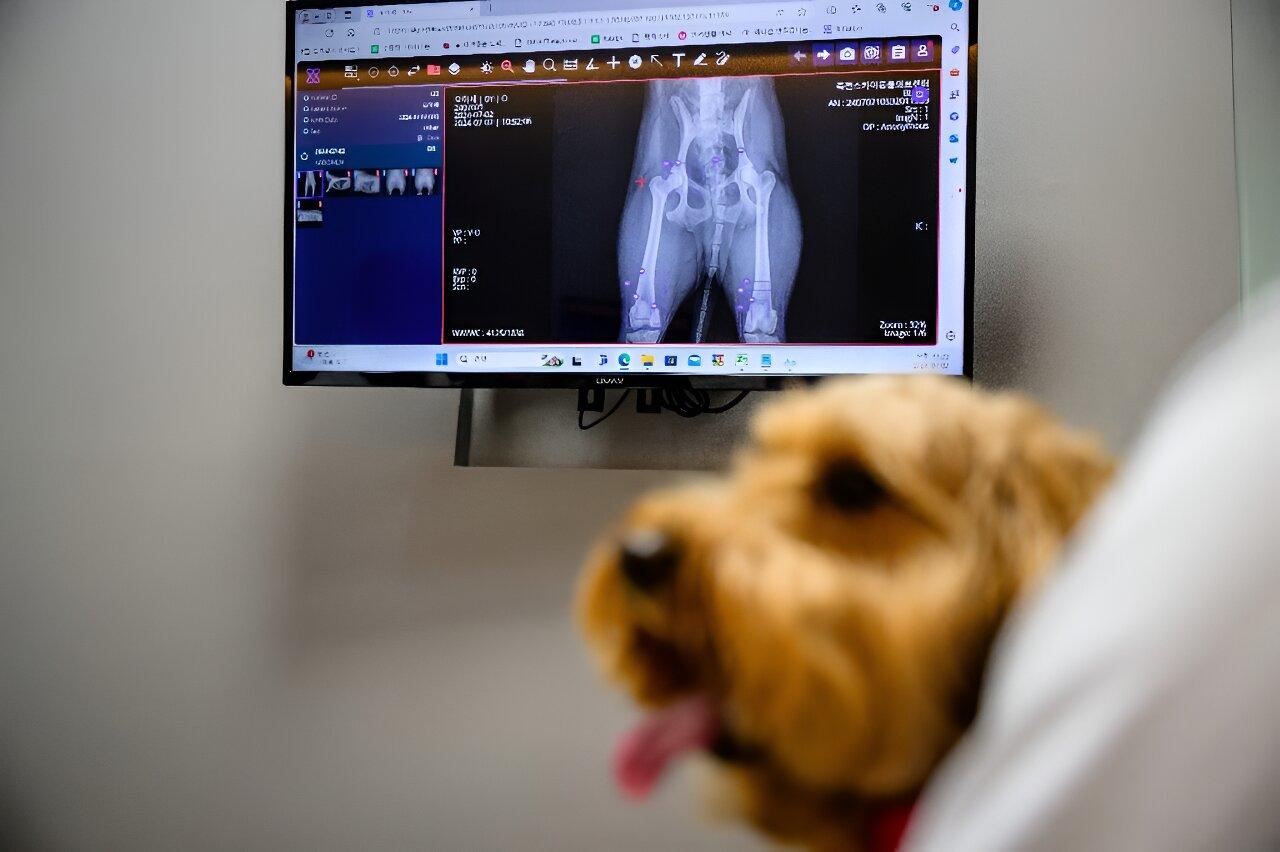
Streamlining Healthcare Services: The Benefits of AI-Driven Pet Clinics
The integration of artificial intelligence in pet clinics is revolutionizing how veterinary services operate, leading to more efficient care for our furry companions. AI algorithms can analyze a pet’s medical history, symptoms, and even behavioral patterns to provide tailored treatment recommendations. This not only enhances the diagnostic accuracy but also reduces the time spent on consultations, allowing veterinarians to focus on patient care rather than administrative tasks. By leveraging AI technology, clinics are witnessing significant improvements in appointment scheduling, follow-ups, and overall client communication.
Moreover, AI-driven systems can facilitate remote monitoring of pets, enabling pet owners to receive real-time updates and health insights without the need for constant clinic visits.This proactive approach to pet wellness can lead to early detection of potential health issues, drastically improving outcomes. Consider the following benefits:
- Enhanced Diagnostic Tools: AI can detect anomalies in diagnostic imaging faster than traditional methods.
- Personalized Treatment Plans: Tailored care based on individual health data ensures a more effective approach.
- Increased Efficiency: Streamlined processes reduce wait times and improve overall service delivery.
| Benefits of AI in Pet Clinics | Impact on Pet Care |
|---|---|
| Faster Diagnostics | Quicker and more accurate disease detection |
| Cost Reduction | Lower operational costs due to automation |
| Improved Client Engagement | Stronger relationships with pet owners through better communication |

Empowering Pet Owners: Tools and Resources for Healthier Pets through AI
As technology continues to evolve, pet owners are finding new and innovative ways to enhance the health and well-being of their furry companions. with the rise of artificial intelligence, resources such as health monitoring apps and personalized nutrition plans are now at their fingertips.These tools dramatically empower pet owners to make informed decisions regarding their pets’ health, leading to happier and healthier lives. Not only can AI analyze pet symptoms to suggest possible conditions, but it can also provide reminders for vaccinations, medication schedules, and vet appointments, ensuring that pets receive timely care.
Additionally, community-driven platforms harness the power of social networking to connect pet parents with veterinary professionals and fellow owners. These platforms offer forums and articles to share insights, experiences, and tips for various pet health issues. Some of the moast notable features include:
- Live chat with veterinarians: Access immediate advice from experts.
- AI-powered symptom checkers: Get preliminary assessments based on your pet’s symptoms.
- Tailored fitness regimes: Develop exercise programs catering to your pet’s age and breed.
| AI tool | Benefit |
|---|---|
| Health Monitoring App | Tracks vital signs and activity levels. |
| Nutritional Planner | Creates custom meal plans. |
| Telemedicine Services | Offers remote consultations with vets. |
By embracing these technological advancements, pet owners not only enhance their understanding of their pets’ needs but also foster a proactive approach to pet health care. The integration of AI tools is rapidly transforming how we care for our pets, making health management more accessible and effective, and paving the way for a more enriched companionship.
Key Takeaways
the integration of AI in pet health care is not just a trend; it’s a transformative journey that promises to enhance the lives of our beloved companions. As technology evolves, so does our ability to provide tailored, efficient, and proactive care for pets. From predictive analytics that anticipate health issues to smart wearables that monitor vital signs, AI is ushering in a new era of veterinary medicine that prioritizes our pets’ well-being.While the benefits are promising, it is essential for pet owners and veterinary professionals alike to remain vigilant and informed, ensuring that the embrace of technology enhances—not overshadows—the human-animal bond that lies at the heart of pet ownership. with responsible integration and continued innovation, we can look forward to a future where pets lead longer, healthier lives, surrounded by the care they deserve. so let’s raise a toast to our furry friends,celebrating the paw-sitive transformations that science and technology have to offer,and the many joyous moments yet to come.


